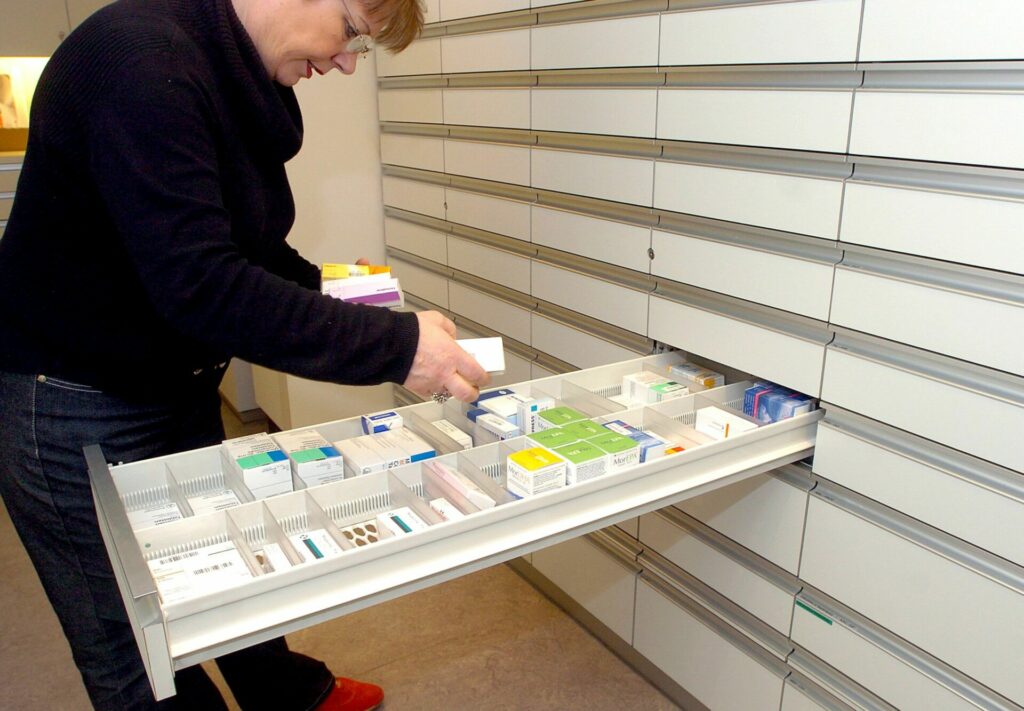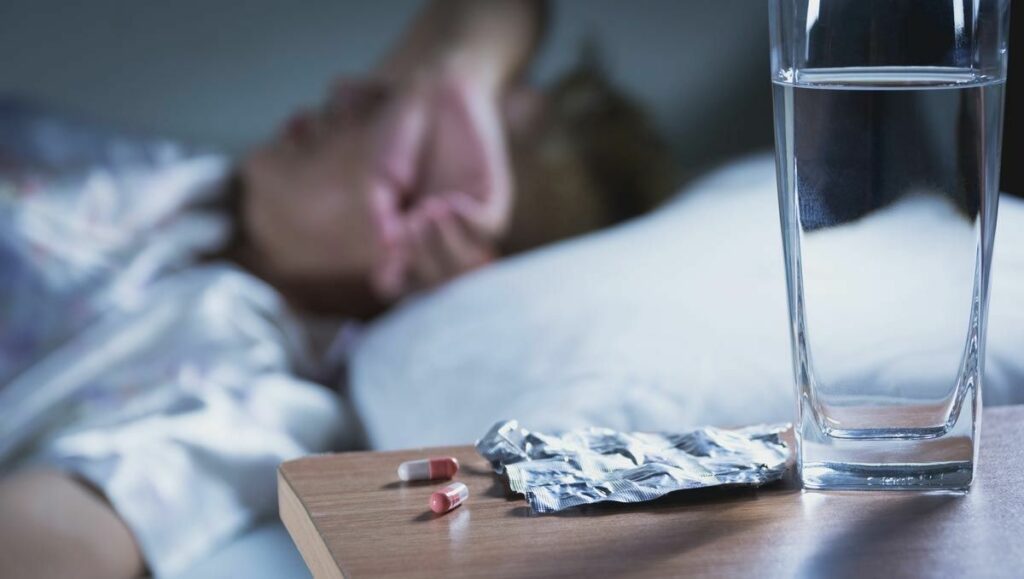About 10% of Belgians cannot fall asleep without a pill; in care homes the figure is even higher with half of residents relying on sleeping pills. Meanwhile, use among teenagers is also on the rise. All of which is leading experts to sound the alarm.
More than a million sleeping pills are taken every day in Belgium (over 400 million a year) – a concerning statistic that sees the national use of heavy sleeping pills and tranquillizers only surpassed by Uruguay and Serbia.
Experts have warned of the "dangerous phenomenon" and stress that those who take sleeping pills or sedatives for a long time become confused, apathetic and forgetful. It also increases the risk of serious illnesses and can make sleeping without pills impossible.
One in five people in Flanders has taken a sleeping pill on a doctor's prescription at some point in their life. While some only take an occasional pill, one in ten people regularly use a sleeping pill or sedative, according to a study by the Sciensano National Health Institute.
Waking up hungover
"Most Belgian patients use benzos (benzodiazepines) or Z-hypnotics. Both drugs have a similar effect: they release a powerful substance that knocks our brains out, so to speak," Inge Declercq – sleep expert and neurologist at the University Hospital of Antwerp (UZA) – told De Morgen.
"You stop worrying and you sleep. 'Phew,' many people think, 'I am not awake anymore.' But you don't sleep the way you should with a pill. The purpose of sleeping is that your body recovers from the efforts of the day but under the influence of that medication you sleep lightly and superficially."
On top of that, the effect of a sleeping pill lasts longer than just the night, resulting in people waking up with a hangover feeling: they are tired, have headaches and cannot concentrate. "Many patients feel better with slightly less sleep than after a night on a sleeping pill because then they feel like half-zombies during the day."
Last month, the Flemish Expertise Centre for Alcohol and Other Drugs (VAD) also warned about the increasing use of sleeping pills and tranquillizers among young people: one in six Flemish teenagers has already taken pills.

Credit: Belga/Herwig Vergult
The rise in use can partly be explained by the Covid-19 pandemic, which saw many young people resort to the pills. But GP association Domus Medica warned that some of these pills are circulating at parties.
However, the most susceptible group in Belgium is the elderly: one in three Belgians over 75 years old regularly takes a sleeping pill.
"The elderly consume by far the most sleeping pills, even though they are the most vulnerable to the side effects," said Mirko Petrovic, professor of geriatrics at Ghent University (UGent). "They become drowsy and fall more often than usual. They often end up in hospital although falls can also be fatal.”
Related News
- Teenage trends: Less alcohol, tobacco and drugs; more e-cigarettes and medication
- Belgian pharmacists to help people ween themselves off sleeping pills
- ‘Worrying evolution’: Belgian sales of sleeping pills increases
Medical experts say that the pills should only be given in exceptional circumstances and see the fact that half of care centre residents take benzos as "a very serious problem", warning that they are prescribed almost on autopilot.
"If a resident is a bit restless or sleeps badly, you should actually look for the underlying problem. Sometimes the elderly receive too few stimuli during the day so are not tired enough to fall asleep in the evening," Petrovic said.
“Greater attention should also be paid to the side effects of the pills and how long residents can take them."

